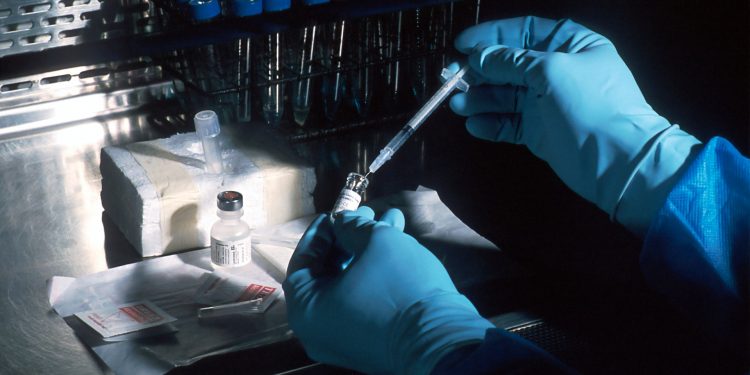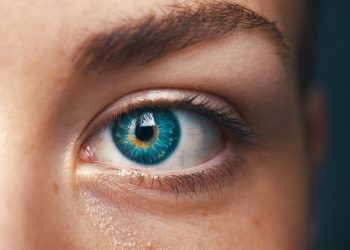Strong evidence of a global study found that the new coronavirus mutation is more infectious, but the symptoms were not worse than an earlier variant of the virus.
A global study was conducted by Sheffield COVID-19 Genomics Group that provided evidence of a new mutation in coronavirus that spread from Europe to the US. The new mutation is about three to nine times more infectious, but the infected people do not experience worse symptoms than the people infected with an old variation.
The earlier mutation of coronavirus was D614 that spread in China, Italy, North America, and the UK. The new strain of variation has been identified as G614, and it has the potential of higher viral infection but is not linked to the severity in disease.
Researchers Korber and his colleagues extracted the SARS-CoV-2 sequences from 999 infected people from Sheffield Teaching Hospitals NHS Foundation Trust and associated with clinical data. The data showed that over a month, the variant D614G spike mutation is a dominant form of COVID.
Theoretical biologist and corresponding author of the study, Bette Korber from Los Alamos National Laboratory, wrote,
“Our global tracking data show that the G614 variant in spike has spread faster than D614. We interpret this to mean that the virus is likely to be more infectious. Interestingly, we did find evidence of G614 impact on disease severity.”
Moreover, the geographical links led to the dispersion and spread of the G614 variant in the United States and Europe. The new variant is associated with higher viral nucleic acid levels that are prevalent upper respiratory tracts that have a higher infection and spread rate. The G614 variant is more persistent and it spread even with stay-at-home orders around the world.
The Sheffield COVID-19 Genome Group also found that the impact of G614 is not severe, and those infected have lower chances of hospitalization. The researchers also attempted to compare mortality rates of the new variant, but the analysis might have confounding factors (health and testing care facilities in different nations).
Lawrence Young, a Medical oncology professor from the University of Warwick (UK), apprehended the study and commented,
“The current work suggested that while the G614 variant may be more infectious, it is not more pathogenic. There is hope that as SAR-CoV-2 infection spreads, the virus might become less pathogenic.”
Researchers are investigating and testing if it is possible to flatten the curve through a vaccine that controls the virus. Vaccines are being tested that target the spike protein, although they were developed with the D614 strain of the virus.












